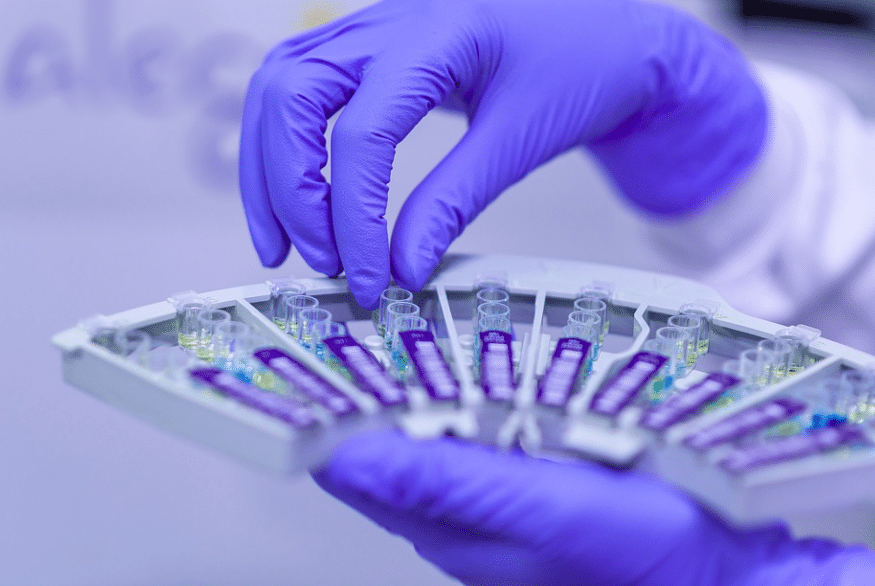Cybin Inc. Awarded Patents in Japan, Strengthening Global Psychedelic Research Efforts
NEW YORK— Cybin Inc. a biopharmaceutical industry dedicated to transforming mental healthcare with innovative psychedelic-based therapies, has achieved a significant milestone with the recent grant of two patents by the Japan Patent Office. These patents, numbered 2023-500532 and 2023-533436, mark a crucial step in the company’s quest to develop next-generation treatments for mental health disorders, including Generalized Anxiety Disorder (GAD).
Expected to provide exclusivity until at least 2040 and 2041 respectively, these patents cover a synthesis method for the preparation of DMT and dDMT, as well as injectable formulations part of Cybin’s proprietary DMT program. This strategic advancement not only enhances Cybin’s intellectual property portfolio but also reinforces its commitment to addressing the unmet needs in mental health treatment on a global scale.
Doug Drysdale, Chief Executive Officer of Cybin, expressed enthusiasm about the patents, stating, “The issuance of these patents by the Japan Patent Office serves to further strengthen and broaden our intellectual property portfolio in key global markets, as we advance our clinical programs.” Drysdale highlighted Japan’s significance in the pharmaceutical sector and the patents’ role in affirming the company’s research and development endeavors aimed at introducing improved mental health treatment options worldwide.
In a related development, Cybin announced that the U.S. Food and Drug Administration (FDA) has cleared its investigational new drug application for CYB004, its proprietary dDMT molecule designed to combat GAD. This clearance paves the way for a Phase 2a study of CYB004, set to commence in Q1 2024. The upcoming study aims to evaluate the clinical efficacy, safety, tolerability, pharmacokinetics (PK), and pharmacodynamics (PD) of CYB004 in GAD patients.
Additionally, Cybin shared positive outcomes from its Phase 1 trials of CYB004 (intravenous) and SPL028 (intravenous and intramuscular) in healthy volunteers, further underlining the potential of its DMT program in addressing GAD.



































